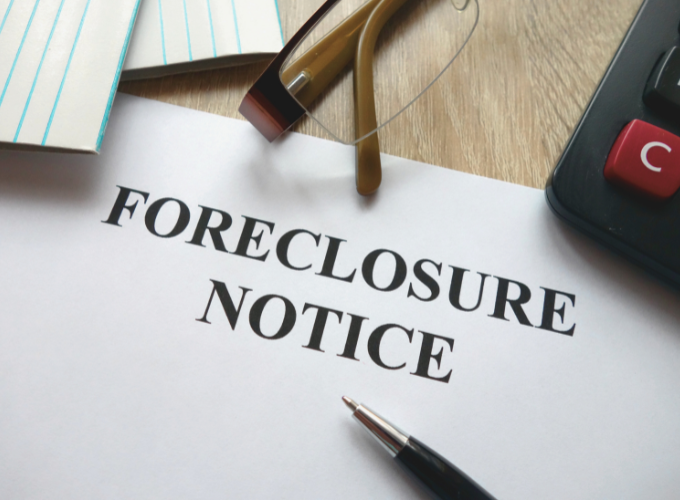WORKING WITH ME MEANS:
- Higher chances of finding your dream home
- Shortened search time
- Full comprehension of buying terms, processes, and documents
- Access to current market data for informed decisions
- Expert negotiation for your best interests
- Confidence that your purchase is handled by an experienced professional

Claudia Bahri Shamo

Hour Detroit's Best

Foreclosure / Short Sale
Foreclosure / Short Sale Foreclosures and short sales are both options for homeowners facing mortgage payment difficulties, but it's vital to grasp the distinction between these processes. If you're facing foreclosure and feeling overwhelmed, you're not alone. Dealing with the stress of selling your house in such a situation can be daunting. The good news is, I'm here to ease your burden. I can sell your home quickly and offer fair cash deals for houses in any condition, so you don't have to worry about costly repairs or cleaning expenses. I understand the urgency, which is why I can move quickly to find the right Buyer or Investor for your home. In these challenging times with an increase in short sale homes due to the pandemic, we recognize the need for swift cash solutions to avoid foreclosure. Selling your house can be tough, especially in the face of foreclosure, but I'm dedicated to making the process as stress-free as possible for you. A short sale occurs when a homeowner owes more on their mortgage than the property's market value or sale price at the time of sale. In a short sale, the homeowner seeks permission from the mortgage lender, typically a bank, to sell the property for less than the total owed on the mortgage. For instance, if the homeowner sells the house for $250,000 while the remaining mortgage balance is $300,000, they are $50,000 short in repaying the lender. That's a short sale. I've been specializing in Foreclosures and Short Sales since the Housing Bubble and the Great Recession began in 2006. I can apply my expertise to assist you in selling your home.

Estate Sale / Probate / Trust Estate Sales and Probate Sales
Estate Sale / Probate / Trust Estate Sales and Probate Sales are two ways to sell assets after someone passes away. While people often mix up these terms, they involve different processes. Understanding these differences is helpful when dealing with a loved one's property or managing an estate. An Estate Sale is when the personal belongings and assets of a deceased person, such as furniture, artwork, jewelry, and collectibles, are sold off. Usually, the executor of the estate, who handles the deceased person's assets, organizes and manages the sale. A Probate Sale involves selling real estate through a court order. Probate is the legal procedure for handling a deceased person's estate, and a probate sale might be required if the deceased owned real estate that must be sold to settle debts or distribute proceeds to beneficiaries. A Trust Sale is a type of transaction in which the original owner transfers interest in the property to a third-party trustee. The trustee then holds money from the purchaser in escrow until all of the seller’s mortgages and fees are paid off. Once this is done, the title deeds are transferred to the new buyer and ownership of the property changes hands. Fortunately, I have the knowledge and expertise to manage all types of sales, including estate, probate, and trust sales. I'm committed to ensuring a seamless and stress-free process for you. Rest assured, I'll be there every step of the way, working diligently on your behalf to achieve the best outcome possible. Investments / House Flipping When comparing house flipping to traditional real estate investing, it's important to understand their differences. House flipping involves buying and quickly selling a property for profit. This strategy aims for short-term gains, often with minimal upfront investment. On the other hand, traditional real estate investing, also known as buy and hold, involves purchasing a property to generate rental income over time. Investors may eventually sell for profit, but their focus is on long-term cash flow and potential appreciation. The key distinction lies in the investment timeline and income strategy: house flipping prioritizes quick returns, while buy and hold emphasizes steady rental income. Ultimately, the choice between house flipping and real estate investing depends on your investment goals and risk tolerance.




